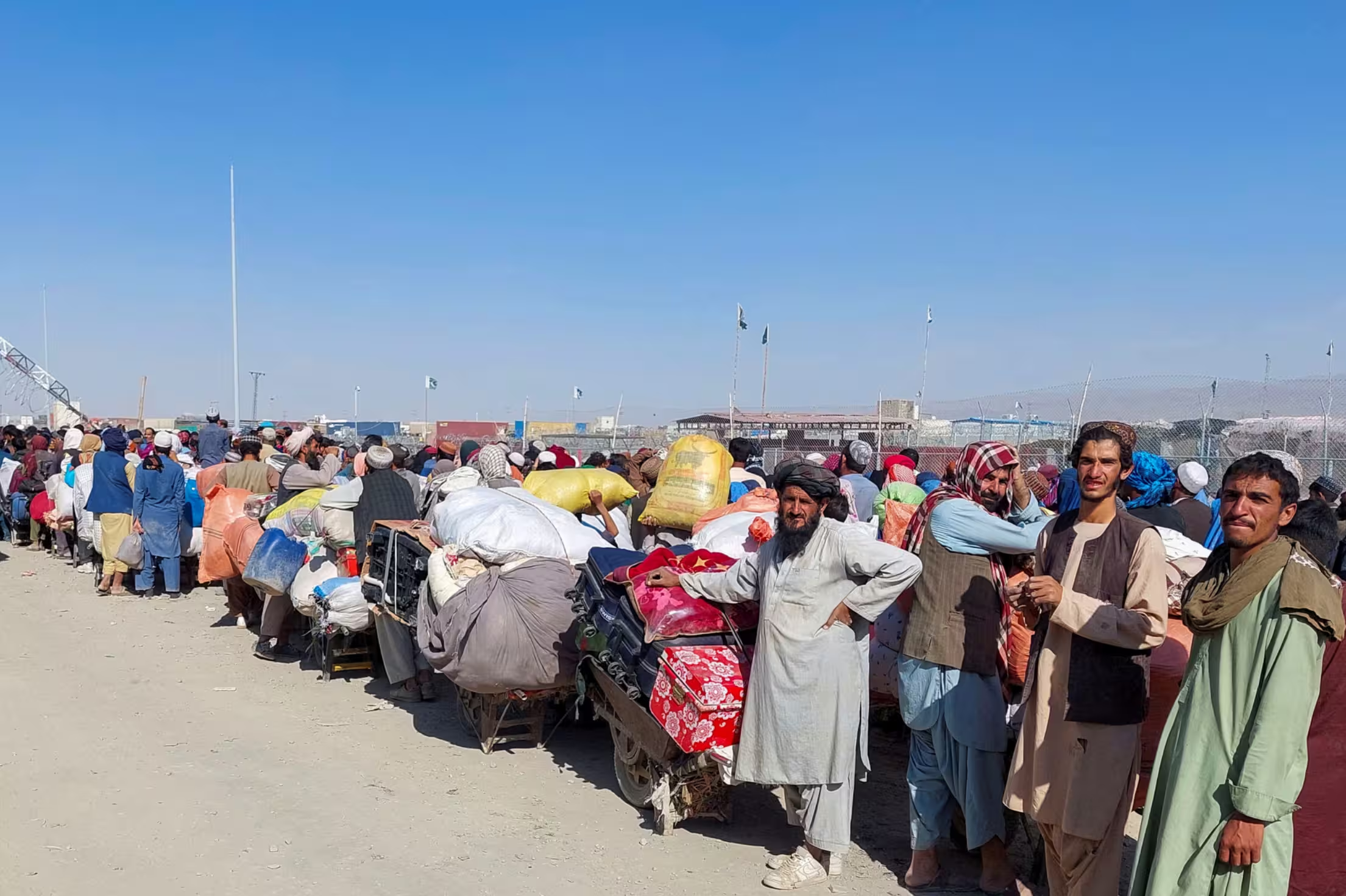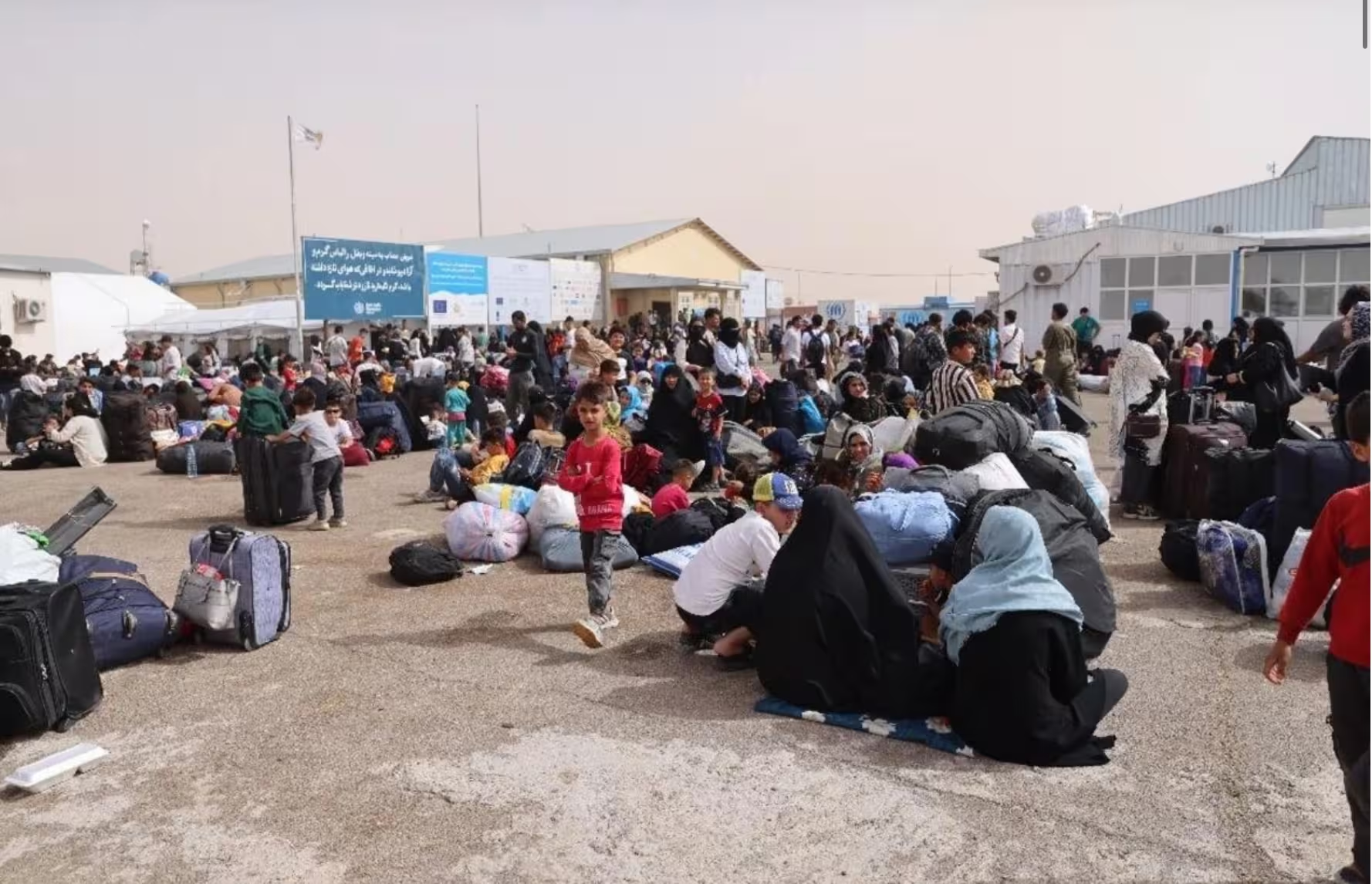The UN Refugee Agency (UNHCR) is calling for urgent international support as more than 1.4mn Afghans have returned or been forcibly returned to Afghanistan since the start of 2025, placing immense pressure on humanitarian services in the country.

The majority of returnees—over 1mn—have arrived from Iran, with a significant surge in daily returns observed after June 13. On July 1 alone, more than 43,000 people crossed into Afghanistan, compared to a daily average of 5,000 in the first half of the year. Nearly 150,000 returns were recorded from Pakistan in April, reflecting a broader regional shift.
UNHCR teams are working at border crossings to assist exhausted and vulnerable individuals. Emergency relief including food, hygiene items, and cash assistance is being distributed. Despite deploying additional staff, UNHCR reports that existing systems are overwhelmed, and current operations can only be sustained for a limited time without additional funding.
Many returnees report facing pressure to leave, with growing numbers indicating that returns were not voluntary. Accounts describe increasing restrictions, harassment, and fear of deportation in host countries. Regional policies enforcing return deadlines have led to deteriorating conditions for Afghans living abroad.

Once back in Afghanistan, returnees face major challenges, including lack of shelter, limited access to healthcare and education, and few employment opportunities. Concentrated returns in certain provinces are adding to the strain on local infrastructure and services. Conditions are especially severe for women and girls, who face strict limitations on their freedoms and access to services.
UNHCR has emphasized that the current wave of returns is unfolding in a country already facing widespread economic hardship, internal displacement, and limited institutional capacity. Afghanistan remains vulnerable after decades of conflict and instability.
The agency is appealing for a major increase in financial support to meet both immediate needs at border points and longer-term reintegration assistance. As of July, UNHCR’s operations in Afghanistan are only 28% funded out of the required $216mn.
UNHCR is urging regional governments to ensure that any returns to Afghanistan are voluntary, safe, and carried out with dignity. It warns that forced returns risk deepening instability and could prompt secondary movements toward other regions, including Europe.
Follow Daryo's official Instagram and Twitter pages to keep current on world news.
Comments (0)